Thermal master cameras have been a staple in industries like construction, electrical maintenance, and law enforcement. But recently, they've started to gain traction among hobbyists, DIY enthusiasts, and even homeowners. This begs the question: Do you really need a thermal camera? In this article, we'll explore the various uses of thermal cameras, assess whether they are worth the investment for the average person, and highlight the factors you should consider before purchasing one.
What is a Thermal Camera?
A thermal camera, also known as an infrared thermal camera, captures images based on the heat emitted by objects. Unlike regular cameras that rely on visible light, thermal cameras detect infrared radiation, making them incredibly useful for seeing in complete darkness and identifying temperature differences.

Common Uses of Thermal Cameras
1. Home Inspections
Thermal cameras are excellent tools for home inspections. They can detect heat loss through windows and doors, identify insulation gaps, and locate water leaks that are invisible to the naked eye. Homeowners can use them to pinpoint areas where energy efficiency can be improved, potentially saving money on heating and cooling bills.

2. Electrical Maintenance
For electricians, a thermal camera is an invaluable tool. It can detect overheating circuits, identify faulty wiring, and prevent electrical fires. Regular inspections with a thermal camera can help ensure that electrical systems are running safely and efficiently.

3. HVAC Systems
Heating, ventilation, and air conditioning (HVAC) professionals use thermal cameras to diagnose issues in HVAC systems. They can easily identify blockages, leaks, and other problems that may affect the performance of the system, leading to quicker and more accurate repairs.

4. Wildlife Observation
For nature enthusiasts, thermal cameras provide a unique way to observe wildlife. Since many animals are more active at night, a thermal camera allows you to see them in their natural habitat without disturbing them with lights.

Factors to Consider Before Buying a Thermal Camera
1. Purpose
Before investing in a thermal camera, consider what you will use it for. If you're a professional in construction, electrical maintenance, or HVAC, a thermal camera could be a necessary tool. For homeowners and hobbyists, the decision depends on whether the benefits outweigh the costs.
2. Resolution
Thermal camera resolution is crucial for getting clear and detailed images. Higher resolution cameras are more expensive but offer better image quality. Consider the level of detail you need for your applications.
3. Temperature Range
Different thermal cameras have different temperature ranges. Ensure the camera you choose can measure the temperature ranges you need for your specific tasks.
4. Price
Thermal cameras can range from a few hundred to several thousand dollars. Assess your budget and compare it with the features and capabilities you require. Sometimes, renting a thermal camera for a one-time project might be more cost-effective than purchasing one.

Do You Really Need a Thermal Camera?
The answer to whether you need a thermal camera ultimately depends on your specific needs and circumstances. For professionals in certain fields, a thermal camera is an essential tool that can save time, money, and even lives. For homeowners, hobbyists, and DIY enthusiasts, it can be a valuable tool for identifying issues and enhancing projects, but it may not be necessary for everyone.
Pros of Owning a Thermal Camera
- Enhanced Problem Detection: Quickly identify issues like leaks, electrical faults, and insulation gaps.
- Energy Savings: Improve home energy efficiency and reduce utility bills.
- Safety: Detect potential hazards such as electrical overheating before they become serious problems.
Cons of Owning a Thermal Camera
- Cost: High-quality thermal cameras can be expensive.
- Learning Curve: Understanding how to interpret thermal images requires some training and experience.
- Limited Use: If you don't have frequent needs for a thermal imaging camera, the camera might sit unused for long periods.

Thermal cameras offer a range of benefits and can be incredibly useful tools for various applications. However, they come with a high cost and require a certain level of knowledge to use effectively. Assess your needs carefully and consider whether the investment in a thermal camera is justified for your specific situation.
If you find that you frequently encounter situations where a thermal camera would be beneficial, it might be worth the investment. On the other hand, if your need for thermal imaging is occasional, renting a camera or hiring a professional with thermal imaging capabilities might be more practical.
Related Reading:
How Can You Turn Your Smartphone into a Thermal Camera?
Thermal Imaging Camera Reviews: How To Choose The Right One?





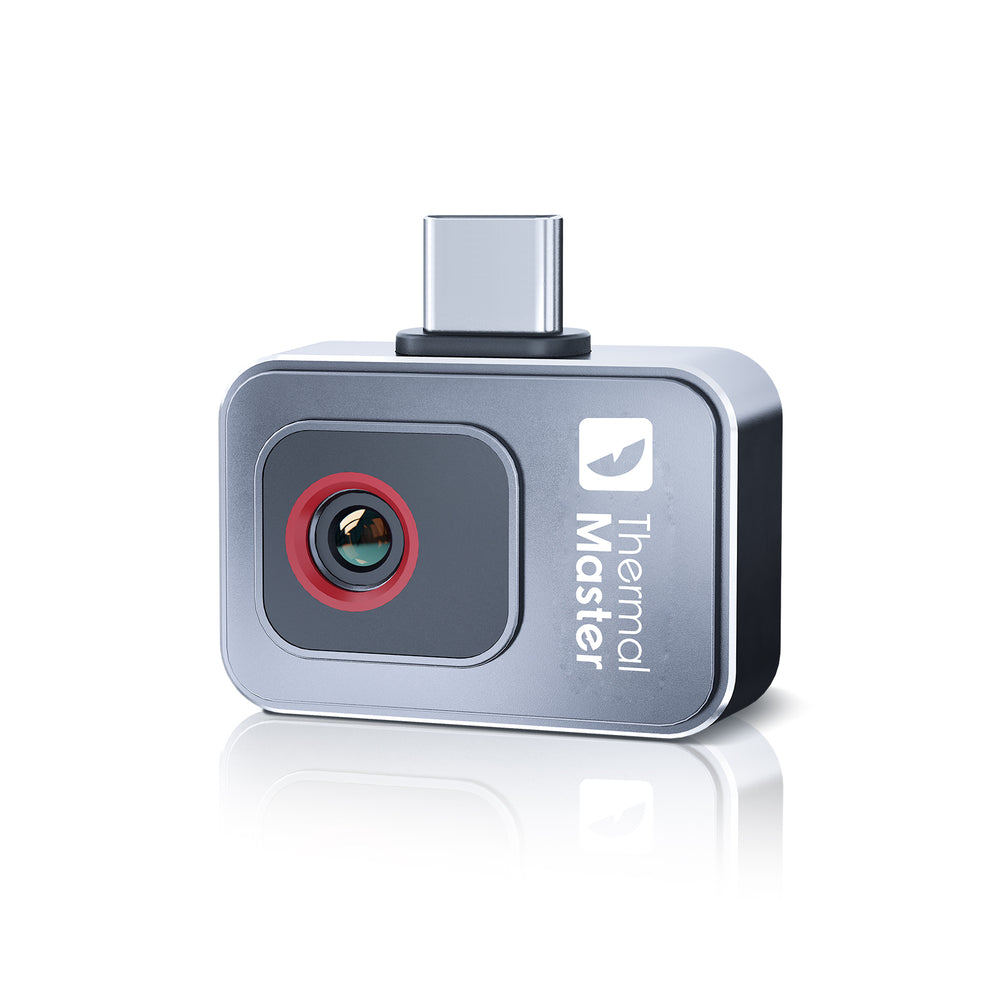


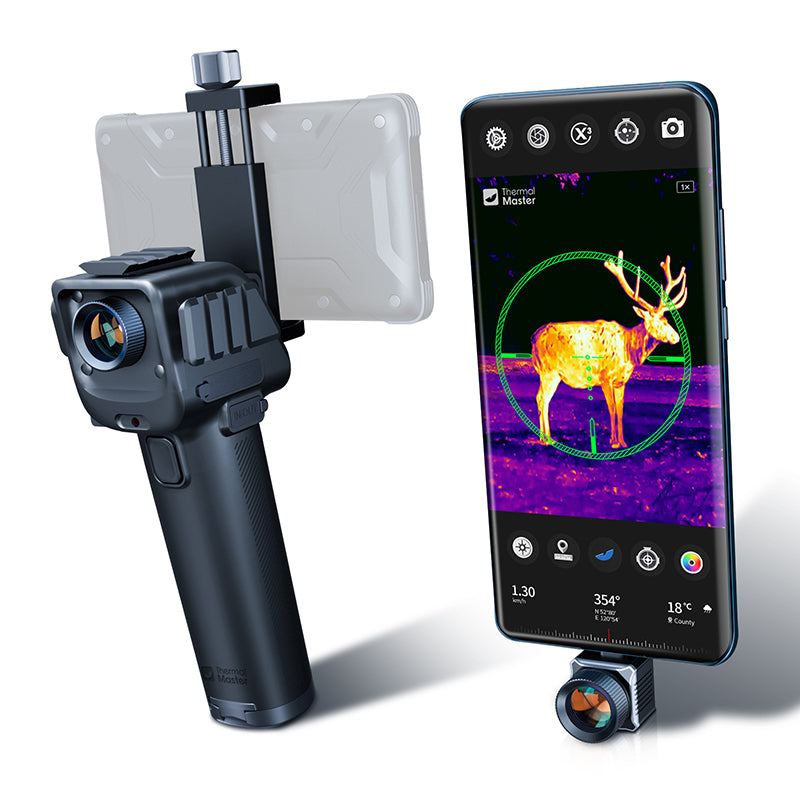
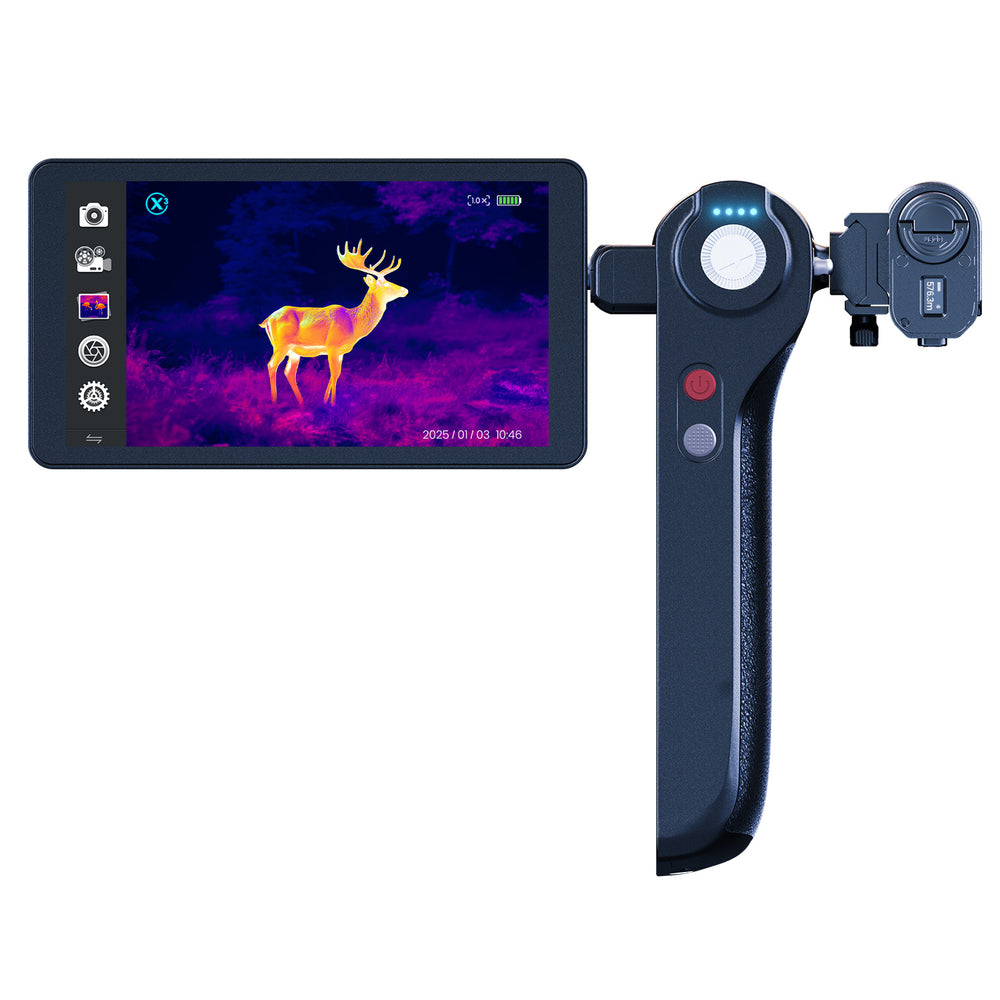
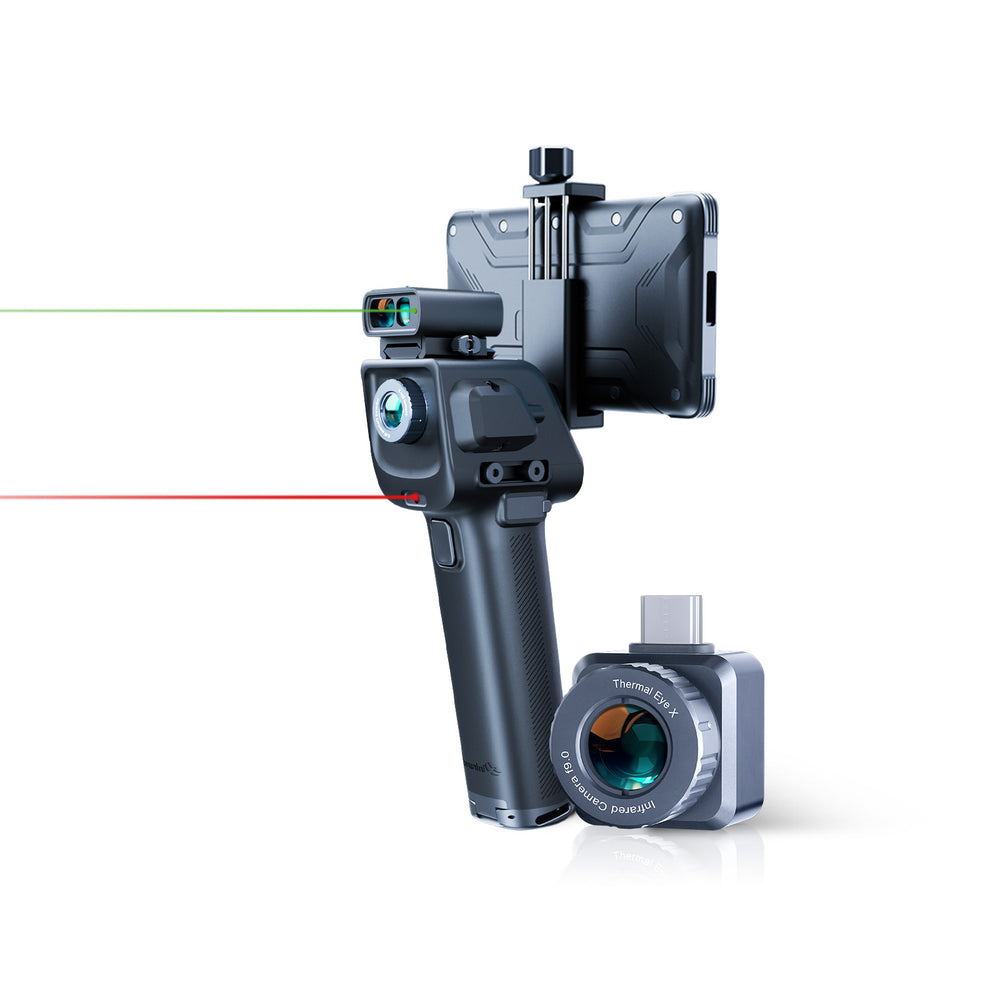
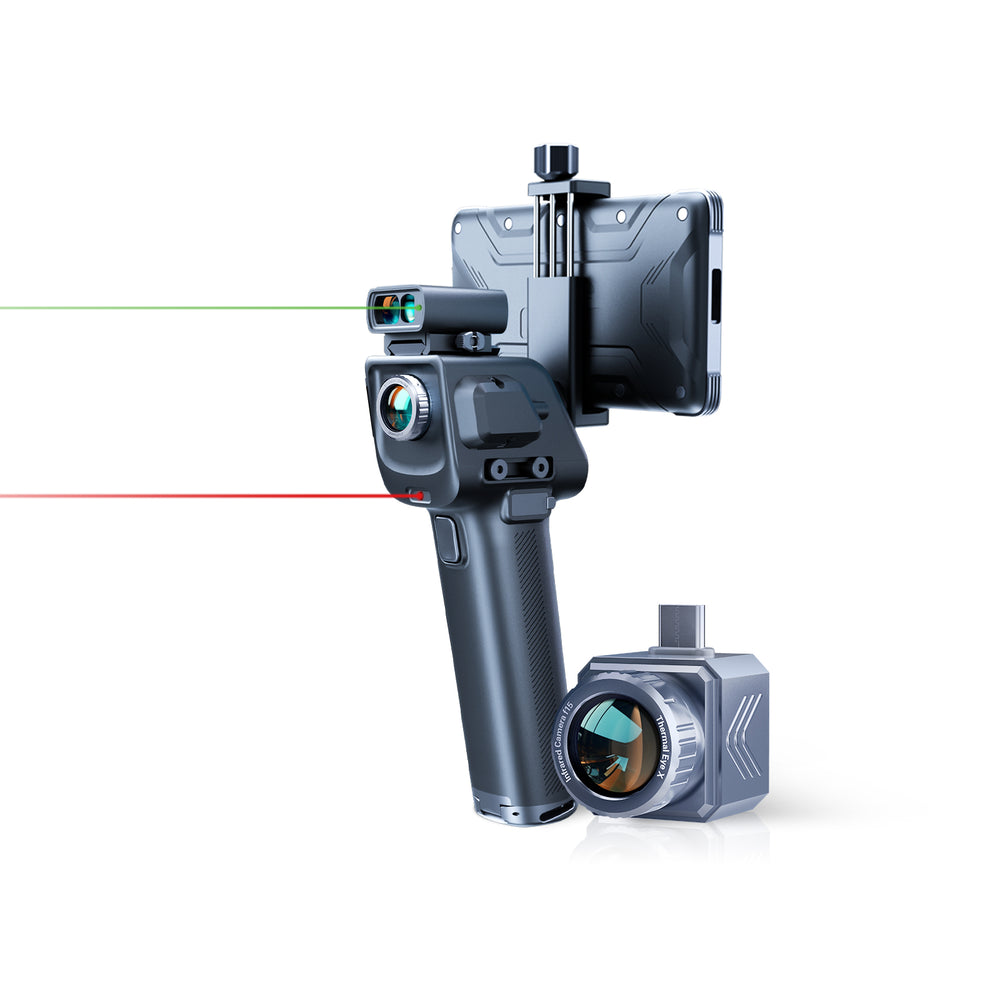
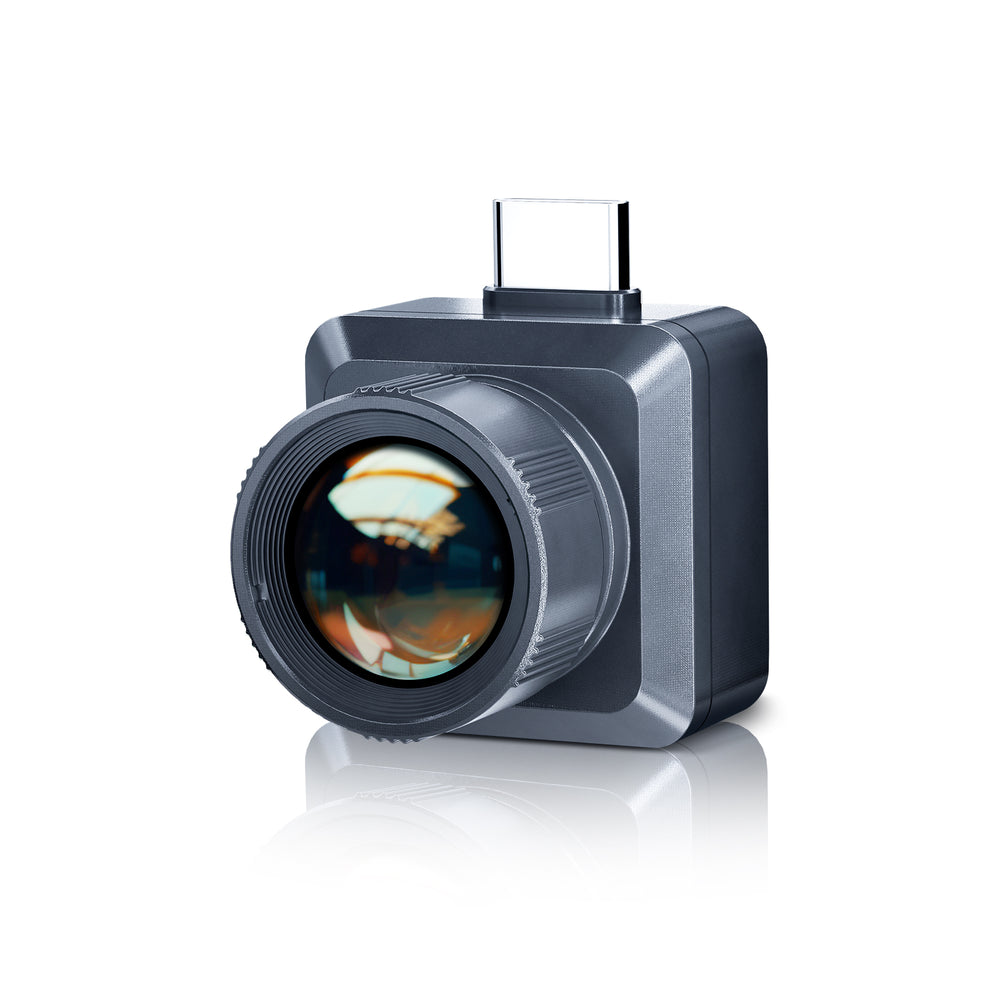
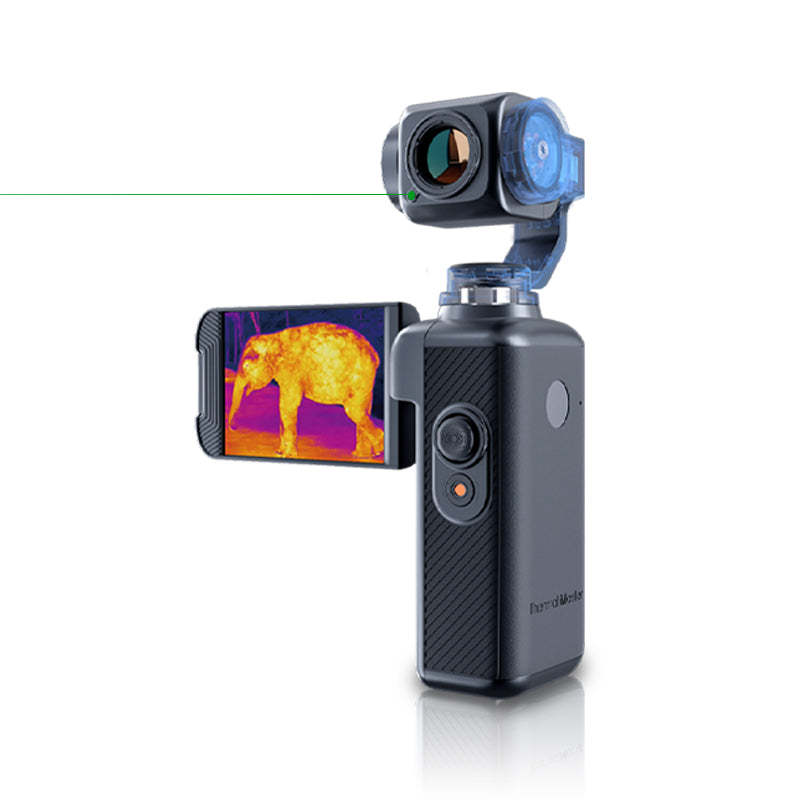
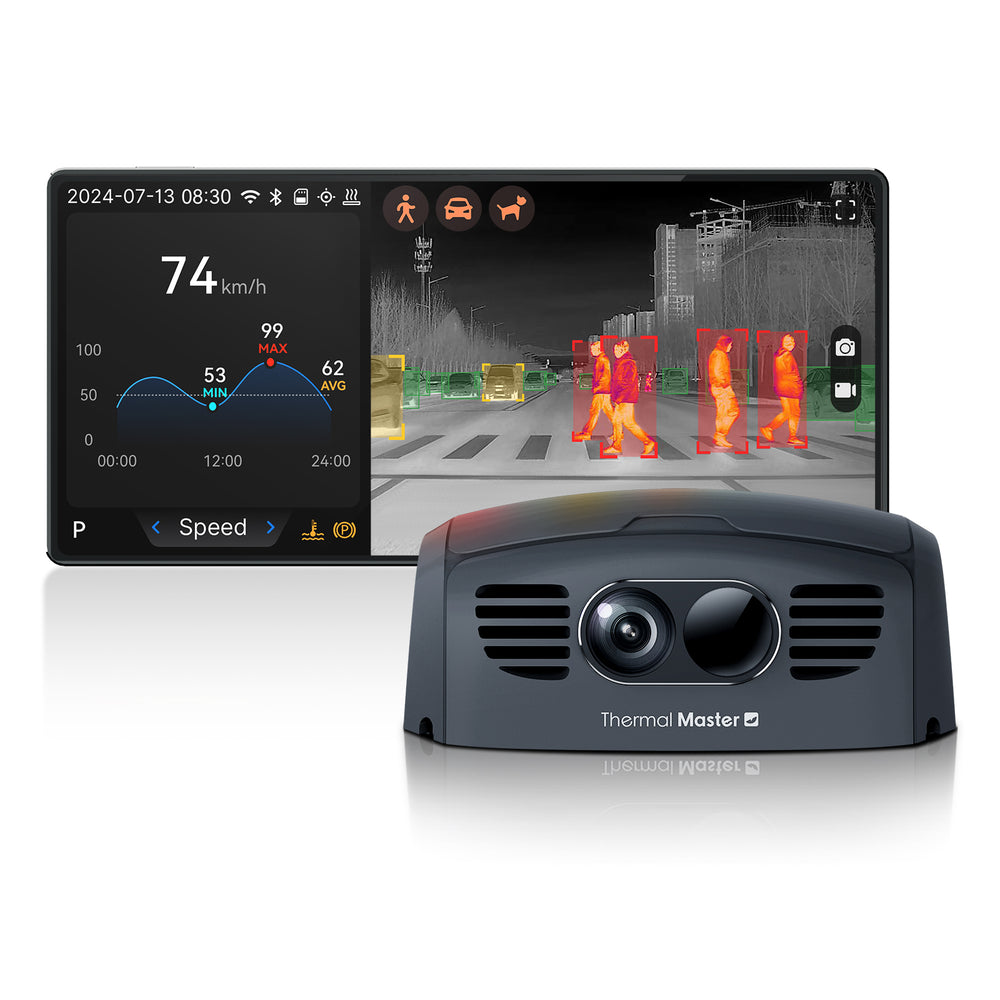
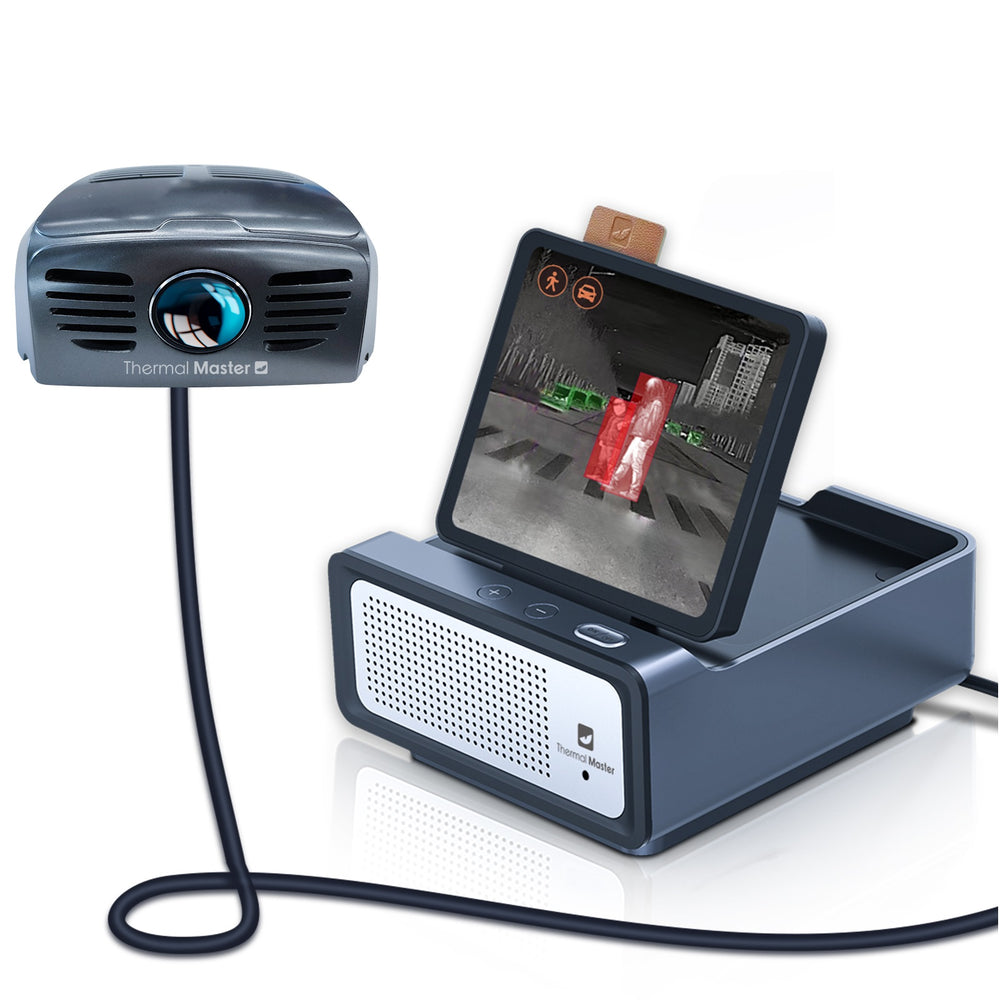
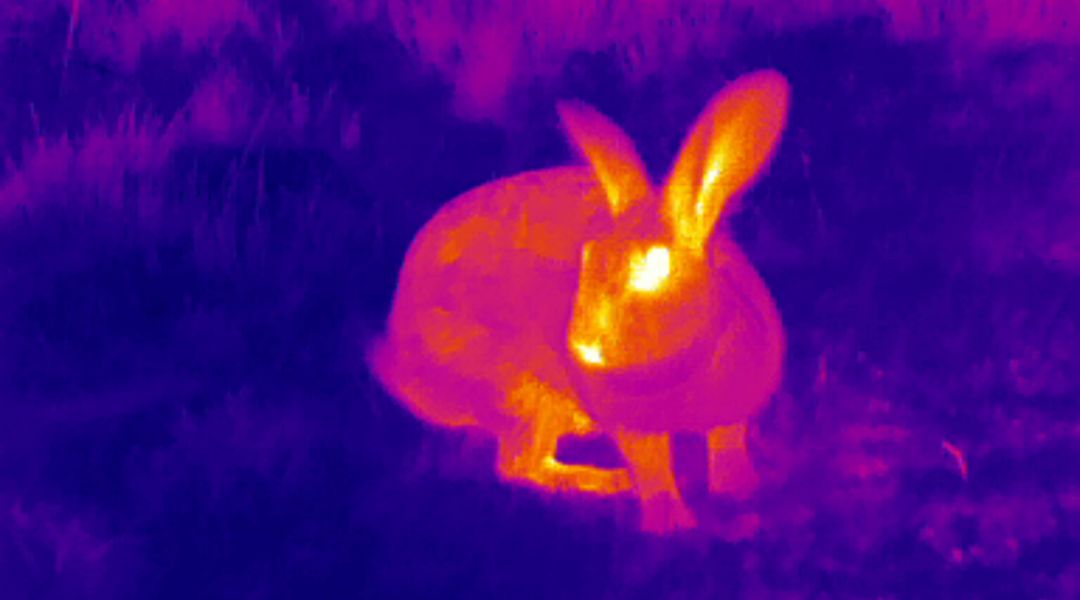
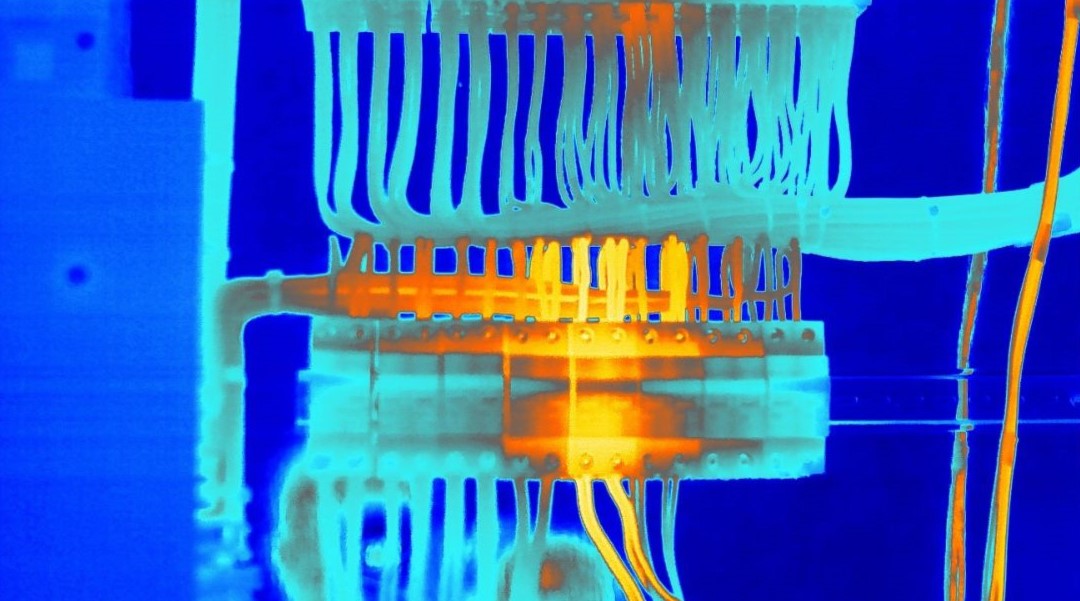
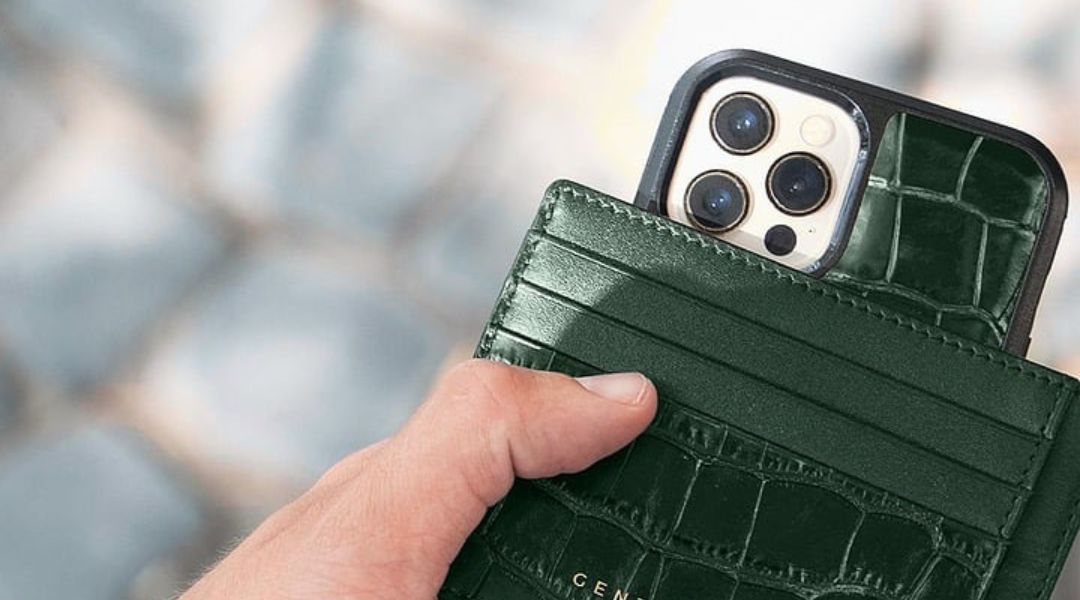
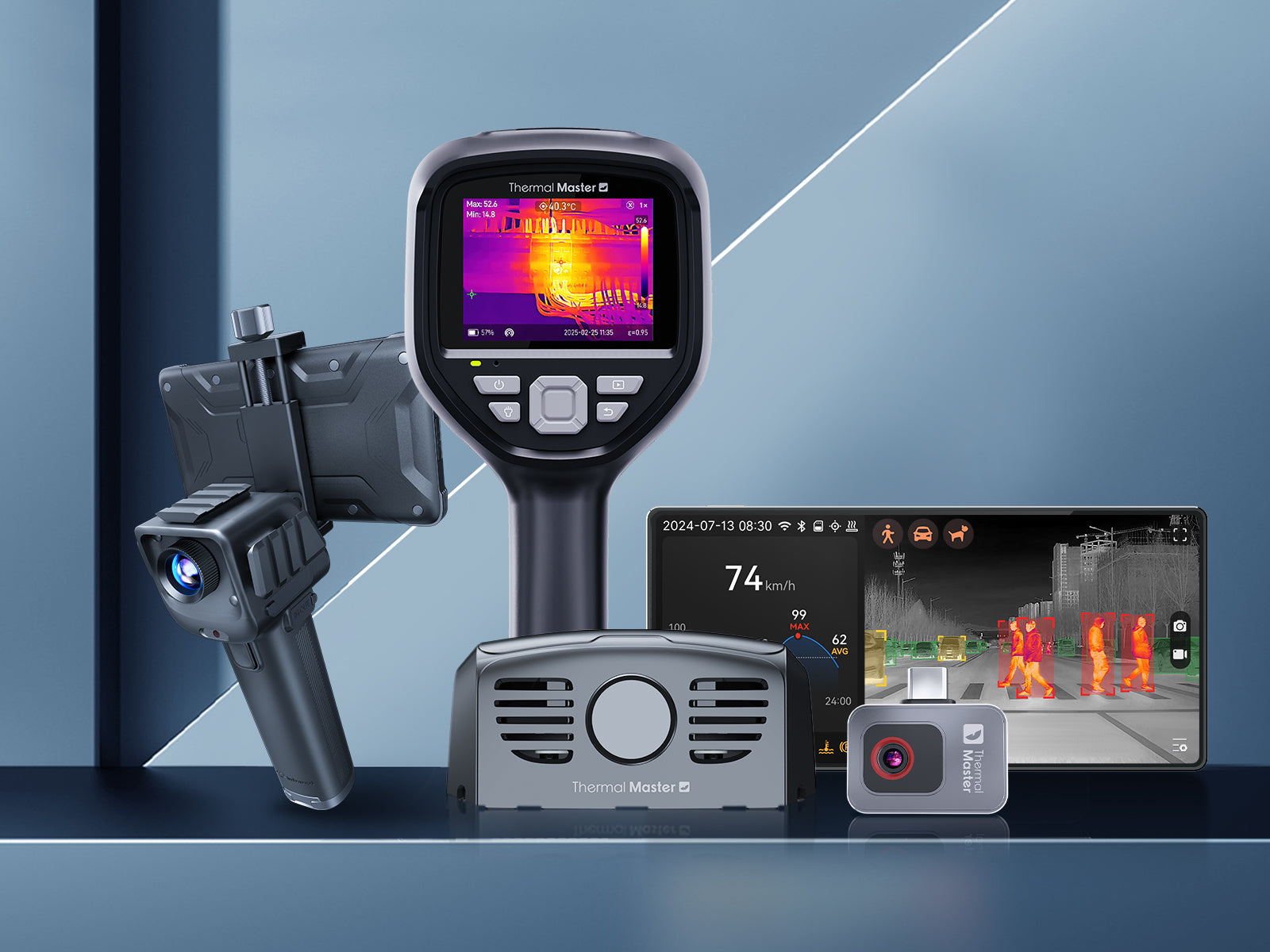
Leave a comment
This site is protected by hCaptcha and the hCaptcha Privacy Policy and Terms of Service apply.